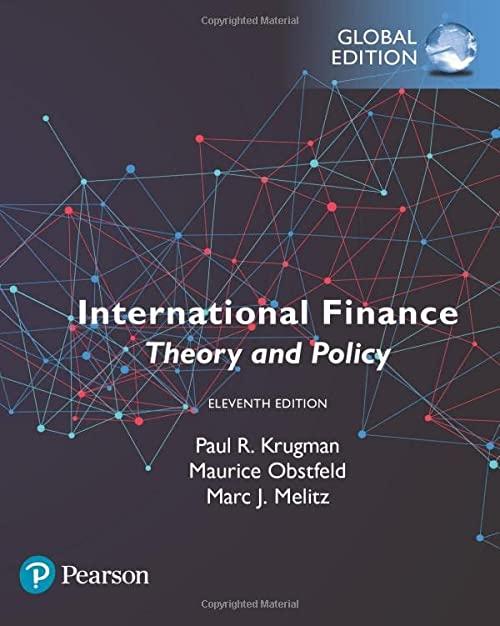Question
Sarah was graduated with a PhD. in Industrial Engineering at 2017 and started her job three years ago as a Postdoctoral Associate. Her initial annual
Sarah was graduated with a PhD. in Industrial Engineering at 2017 and started her job three years ago as a Postdoctoral Associate. Her initial annual salary was $54,000. She recently accepted a faculty position with annual salary of #120,000 and starts her job this month. She has a wish list, and she would like to do with her newfound wealth. Sarah needs to have a financial planning for a planning horizon equal to 5 years.
She postponed to begin repaying her student loans for three years. She must begin repaying this loan (totaling $150,000) from this month and shed like to reduce some outstanding balances on her credit cards (totaling $20,000). Sarah also wants to purchase a luxury car now and would like to put money aside to purchase a house in the future (at the end of study period). She also needs to consider all aspects of expenses such as housing costs and living expenses associated to an urban area in the California in her financial plan. In addition, she wants to put some money aside for her eventual retirement.
At the end of 5 years, shed like to have paid off her student loan and credit card debt, as well as have accumulated $100,000 for a down payment on a house in an urban area in the California. If possible, Sarah would like to put aside 20% of her take home salary for retirement. As a professional student who took Engineering Economics Analysis course, you have been asked to review her financial plans. How reasonable are her goals?
The following information (next slides) are gathered to assist you in this financial planning.
Student loans are typically repaid in equal monthly installments over a period of 10 years. The interest rate on Sarahs loan is 8% but Sarah want to pay it over 5 years. So, the interest rate will be decreased by 6%, compounded monthly. Credit cards vary greatly in the interest rate charged. Typical APR rates are close to 17%, and monthly minimum payments are usually computed using a 10-year repayment period. Again, Sarah want to pay it over 5 years. So, the interest rate on Sarahs credit card is 12% compounded monthly.Car loans are usually repaid over three, four, or five years. The APR on a car loan can be as low as 2.9% (if the timing is right) or as high as 12%. Sarah want to buy a Porsche Macan with retail price equal to $69,000. She wants to trade in her car and the dealer offered her $9,000 as the trade-invalue for her old RAV4. She can secure a $60,000 car loan at 6% compounded monthly to be repaid over 5 years. Her monthly salary will be reduced by income taxes and benefit deductions. She should not count on being able to spend more than 75% of her gross salary. A 30-year, fixed rate mortgage is currently going for 5.75% 6.0% per year. If Sarah could save enough to make a 20% down payment on the purchase of a house with $500,000 value, she can avoid private mortgage insurance that can cost as much as $60 per month. Investment opportunities can provide variable returns.
o Safe investments can guarantee 3% per year,
o Intermediate investment can guarantee 12% per year
o Risky investments could return 40% or more per year.
o Sarah is a Moderate risk taker!
Step by Step Solution
There are 3 Steps involved in it
Step: 1

Get Instant Access to Expert-Tailored Solutions
See step-by-step solutions with expert insights and AI powered tools for academic success
Step: 2

Step: 3

Ace Your Homework with AI
Get the answers you need in no time with our AI-driven, step-by-step assistance
Get Started


